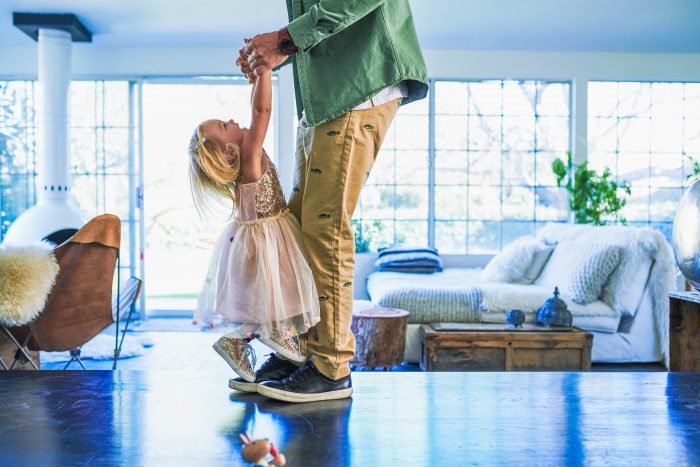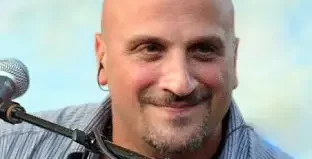D. None of the Above: As role models, parents can help create a better world for our children
By Daniel Dunaief

My wife and I used to say “the recording is always on.”
It was our code words to each other to be careful about what we said and did in front of our children, particularly when, as many parents know, we might not want our children to act or speak in the same way we might be tempted to in the moment.
Our children have an incredible ability to monitor everything we do, even when they don’t appear to be paying any attention to us. Sometimes, they actively choose the opposite because our choices annoyed or frustrated them.
If, as many of us say and believe, we want our children to be better than we are, we wish them well, wait and watch, hoping their happiness, success and achievements far exceed our own.
Perhaps such reaction formation is what brings grandparents and grandchildren together, causing various characteristics to skip a generation, as two opposites create the same.
Aside from things like weekly routines, an emphasis (or not) on achievements like community service, or performance in sports or music, parents recognize that we are role models.
In the movie “42” about trailblazer Jackie Robinson, the first African-American man to play in Major League Baseball, a father shouts racial epithets at Robinson, leading his conflicted son to ponder how to behave. The son echoes what his father shouts.
In that moment, Peewee Reese puts his arm around Robinson, offering his public support and quieting the hostile crowd. Reese even suggests, as a nod to the realities of today, that “Maybe tomorrow we’ll all wear number 42. That way they won’t tell us apart.”
Films are great, but we don’t live in a world where supportive music and smiling heroes remind us who we are or how we should act.
It’s up to us to decide how to be better for ourselves and for our children.
A friend recently shared a story about his daughter. A college student, she was working at an ice cream store during a fall break. A few customers came in and a man in the group asked her where she attended college.
When she told him, the man suggested that there were Muslims who attended that college and it would be easy enough to take a few of them behind the shed and get rid of them.
The man who made a joke about murder at a time of violent conflict in the Middle East and ongoing and hostile disagreements among Americans probably wasn’t thinking about his children, about my friend’s daughter, or anyone else.
Maybe he was repeating the words his father or mother said at the dinner table, after an evening of drinking or within minutes of leaving a house of worship.
Is that the person he wants to be? Is that what he would encourage his own children to believe, that people who practice other religions or have other beliefs are somehow such enemies that it’s okay to make such a comment?
We have to be better than that. Maybe the guy didn’t mean it, but even saying it suggests that he not only thought it, but that he also likely shared that idea in some context in front of his children.
Killing and hatred won’t end if we don’t hold ourselves accountable for our actions and words.
We identify ourselves in particular ways, by such factors as nationality, religion, race, among many other labels.
Those identifiers, many of which we didn’t choose but are an accident of our birth, mean that others around us are on the outside, associating with a different group.
We owe it to our children to imagine and create a better world. That starts by serving as role models and not as reflexive perpetuators of anger, hatred, or prejudice towards those we consider others.
With the world echoing the conditions from the 20th century, we should speak and act in ways that bring people together and that would make us proud if and when we heard our children making those same, or perhaps better, remarks.







